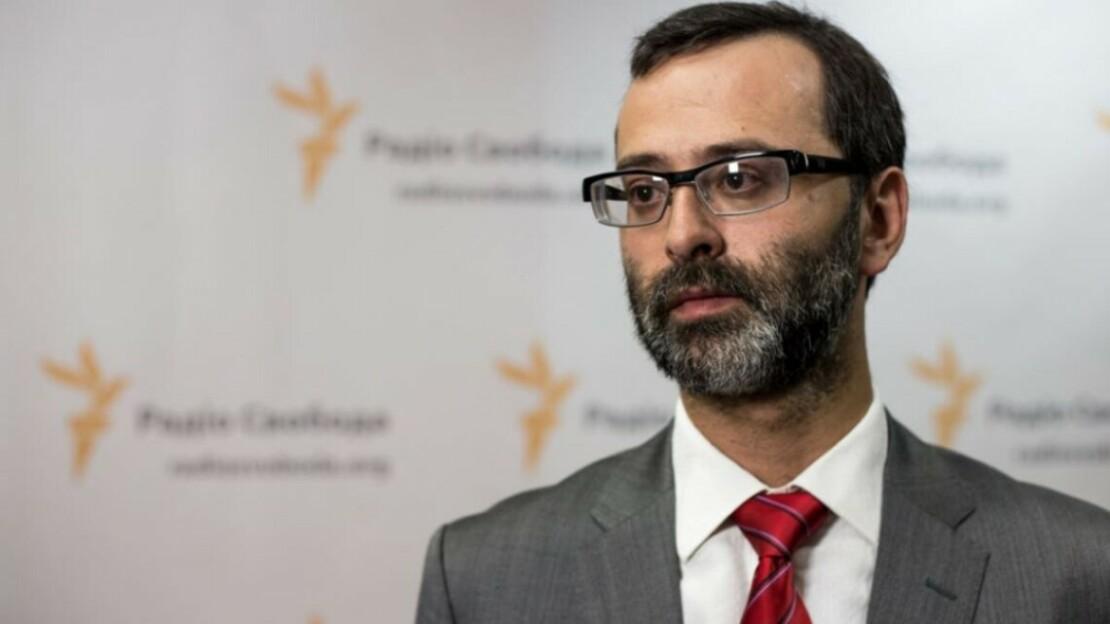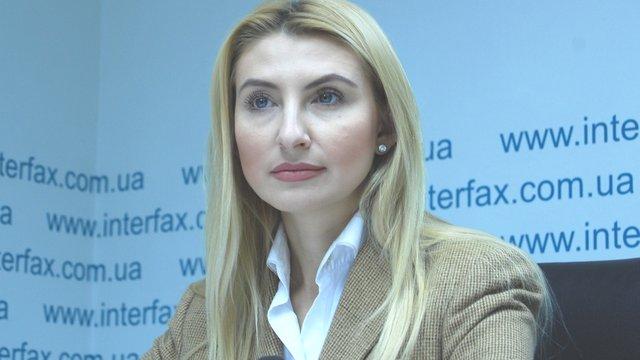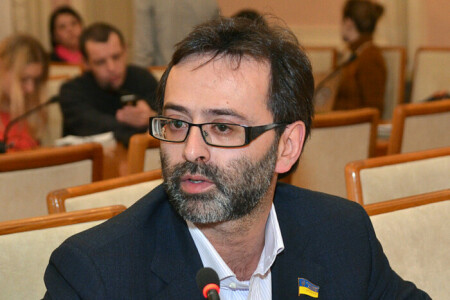Case description
The NABU and the SAPO accuse former MP Heorhii Lohvynskyi and 5 other people of misappropriating UAH 54 million by misleading the European Court of Human Rights. This is an appeal filed by Golden Mandarin Oil LLC, controlled by Lohvynskyi.
The case dates back to 2008-2009, when Golden Mandarin Oil LLC took out a UAH 38 million loan from the state-owned Rodovid Bank. The company used the loan funds to buy fuel oil from the state for UAH 54 million, which was used to generate electricity and heat at CHP plants and stored at CHP-5 of Kyivenergo. Under the terms of the contract, the latter could use fuel oil, but had to return it in full upon request.
For a long time, the fuel oil was not handed over to the owner for technical reasons, which is why Golden Mandarin Oil LLC has been constantly going to court since 2009. However, the judgment in its favor could not be enforced because of the moratorium on the collection of debts from Kyivenergo as a fuel and energy company.
Having failed to get what they wanted, Lohvynskyi and company director Feliks Kozakov, according to the investigation, developed a plan to groundlessly appeal to the ECHR, complaining that the state had failed to comply with the 2009 judgment against Kyivenergo. In 2013, the European Court was asked to rule in favor of recovering more than UAH 54 million from Ukraine. The appeal remained there for two more years.

What is the "scam" all about?
The detectives found out that Golden Mandarin Oil LLC had not applied to the executive service for the enforcement of the Ukrainian judgment, which the ECHR was not aware of. Neither was it aware of the fact that the right to claim the debt from Kyivenergo was assigned in favor of another private company, also affiliated with Lohvynskyi.
According to the investigation, Lohvynskyi's scheme involved a number of people. According to the NABU and the SAPO, the key roles were played by the following people:
- lawyer Oleksandra Volodymyrska, who represented Golden Mandarin Oil LLC in courts,
- managers of the Ministry of Justice Nataliia Bernatska (Sevostianova) and Borys Babin, who lobbied for the decision to recognize the complaint to the ECHR,
- accountant Liudmyla Trubchaninova and assistant to Lohvynskyi Mariia Shevkoplyas (Shvets), who helped legalize the funds received.
Prior to filing the claim, lawyer Volodymyrska helped Golden Mandarin Oil LLC sell its debt to a fictitious company called Issachar-Zevulon Import-Export LLC for UAH 54 million. According to the NABU, this was done so that the funds potentially awarded as a result of the ECHR’s judgment could not be collected to repay the loan to Rodovid. After all, Golden Mandarin Oil LLC bought the fuel oil with credit funds, and the new company had nothing to do with it.
A number of people, according to the law enforcement officers, were unaware of the criminal plan of the defendants. For example, expert Ihor Karaman, who drafted and sent appeals to the ECHR on behalf of the company.
In 2014, Lohvynskyi was elected to the parliament, and people from the Ministry of Justice's management were involved in the scheme. First, the Government Commissioner for the ECHR and First Deputy Minister of Justice, Bernatska, and then her successor as Commissioner, Babin.

According to law enforcement officers, they have been promoting the idea of pleading guilty in the ECHR and voluntarily paying UAH 54 million to Golden Mandarin Oil LLC in collusion with the organizers of the crime. Although at that time Kyivenergo's debt had allegedly decreased to UAH 38 million, the newly appointed Babin still signed and sent the fateful declaration to the ECHR.
According to law enforcement officers, the ECHR received incomplete information from Golden Mandarin Oil LLC, and people controlled by Lohvynskyi in the offices of the Ministry of Justice ensured that Ukraine lost in court. On October 20, 2015, the ECHR ruled against Ukraine, ordering it to comply with the 2009 court order.
In 2016, the state paid UAH 54 million to Golden Mandarin Oil LLC, which was transferred to the accounts of the previously mentioned Issachar-Zevulon Import-Export LLC (the company to which the right to claim the debt was sold). Then Lohvynskyi, with the help of his accountant Trubchaninova and his assistant Shevkoplias (Shvets), legalized the funds through fictitious companies.
The NABU believes that instead of patiently waiting for the debt to be collected from Kyivenergo in Ukrainian courts, Lohvynskyi and his associates decided to get money from the state through the ECHR, partially deceiving the court and lobbying their own interests in the Ministry of Justice.
Lohvynskyi is charged with Article 191, Part 5, Article 209, Part 3,of the Criminal Code of Ukraine. In August 2023, he was put on the wanted list.
In our analytical article on the Golden Mandarin case, we discussed what human rights organizations and the European Court of Human Rights think about it.





















































































.png)
.png)